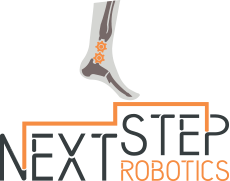The NextStep Robotics team has used their knowledge of robotics and engineering to pioneer a digital breakthrough in the treatment of foot drop and other causes of decreased mobility. Our experienced staff’s creative solution to the rehabilitation of foot drop has changed how orthopedic specialists will treat this condition. Most importantly, our team’s practical high-tech device will improve the quality of life for people who want to regain mobility.
Our Team
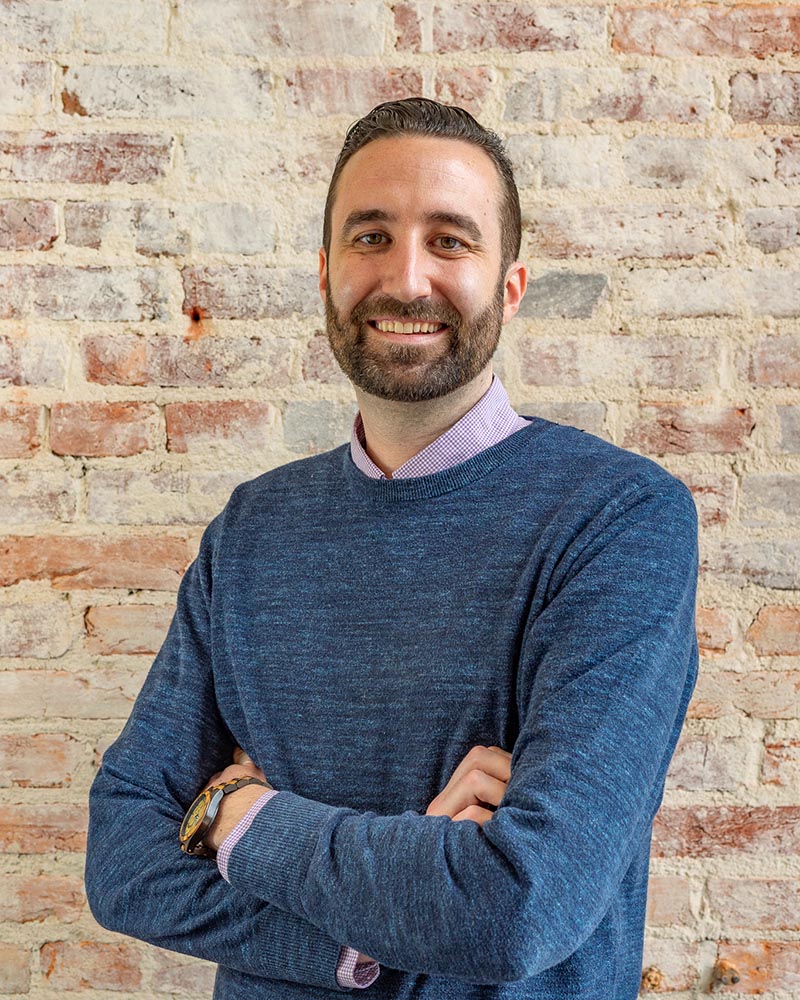
Bradley Hennessie
CEO
Brad is a former Lead Clinical Research Specialist from the University of Maryland, Baltimore, and is now leading the charge to commercialize this device and provide physical therapists a novel approach to effectively and durably reduce the adverse or potentially adverse effects of foot drop. He has been working with his co-founders for over a decade and has secured significant funding, including a cooperative agreement with NIH National Institute of Neurological Disorders and Stroke.
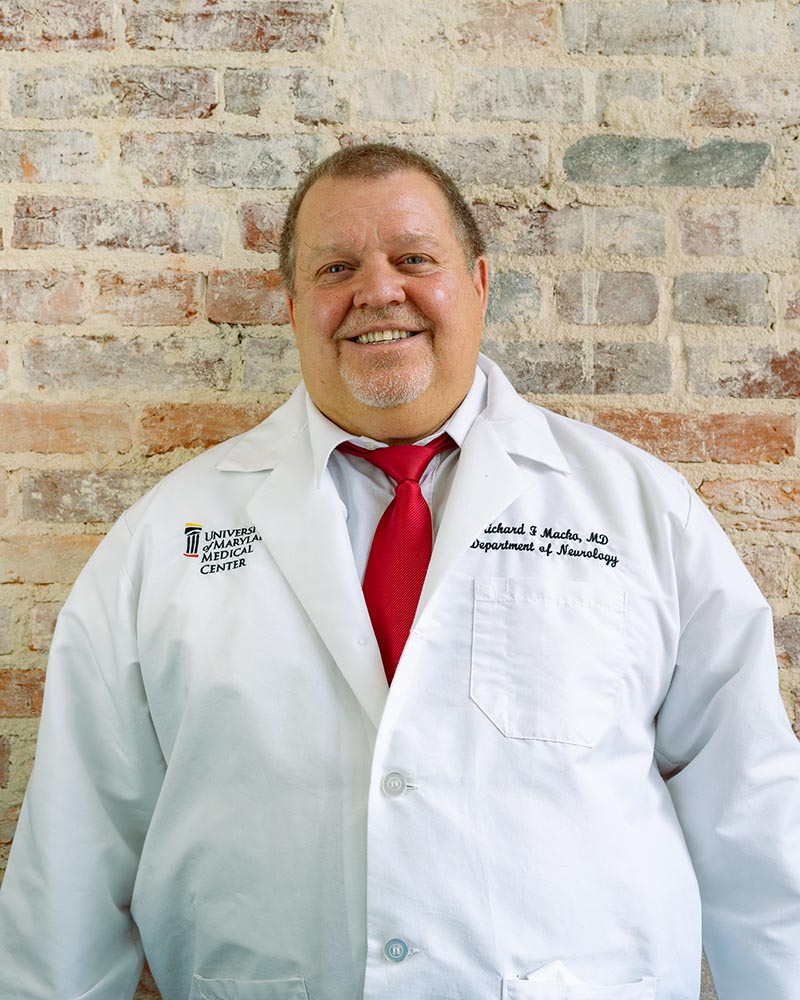
Richard Macko, MD
CSO
Dr. Macko is a neurologist and professor of neurology at the University of Maryland, Baltimore, where he is a leading expert in stroke recovery. Dr. Macko has published over one hundred fifty peer-reviewed research articles in the field of stroke neurorehabilitation. Dr. Macko has over 20 years of experience including as the Director of the VA Rehabilitation Research and Development Center of Excellence in Exercise and Robotics in developing and testing disability and disease specific exercise training models that combine motor learning with exercise rehabilitation including lower-limb robotics to improve functional mobility for individuals with stroke and other chronic mobility disability conditions associated with advancing age. Dr. Macko has extensive experience in successfully obtaining state and federal grant funding.
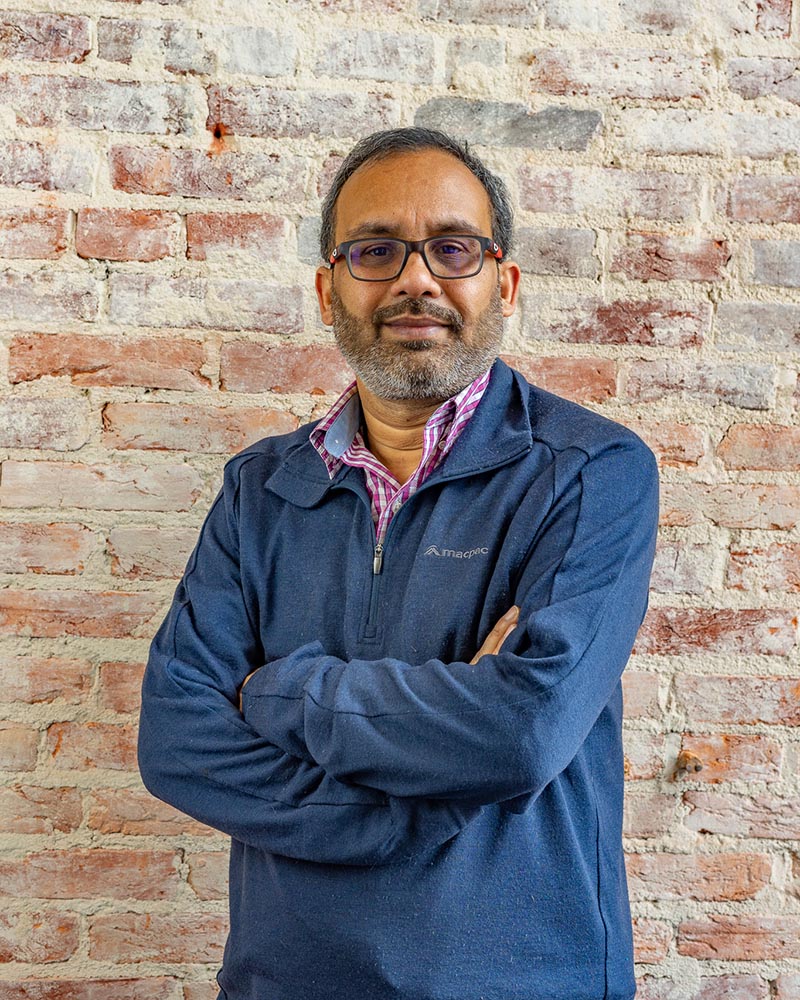
Anindo Roy, PhD
CTO
Dr. Roy is the engineer behind it all, developing the control system embedded in our robotic device that is critical to safe and effective ankle training in the context of walking. With extensive experience and training in rehabilitation robotics at MIT, Dr. Roy has a unique perspective and skillset in translating therapy needs into robotic solutions. Dr. Roy leads all efforts in engineering including integrating robotics into the recovery pathway and generating new intellectual property. Dr. Roy has adjunct faculty appointments in both the University of Maryland school of medicine and in the James Clark School of engineering.
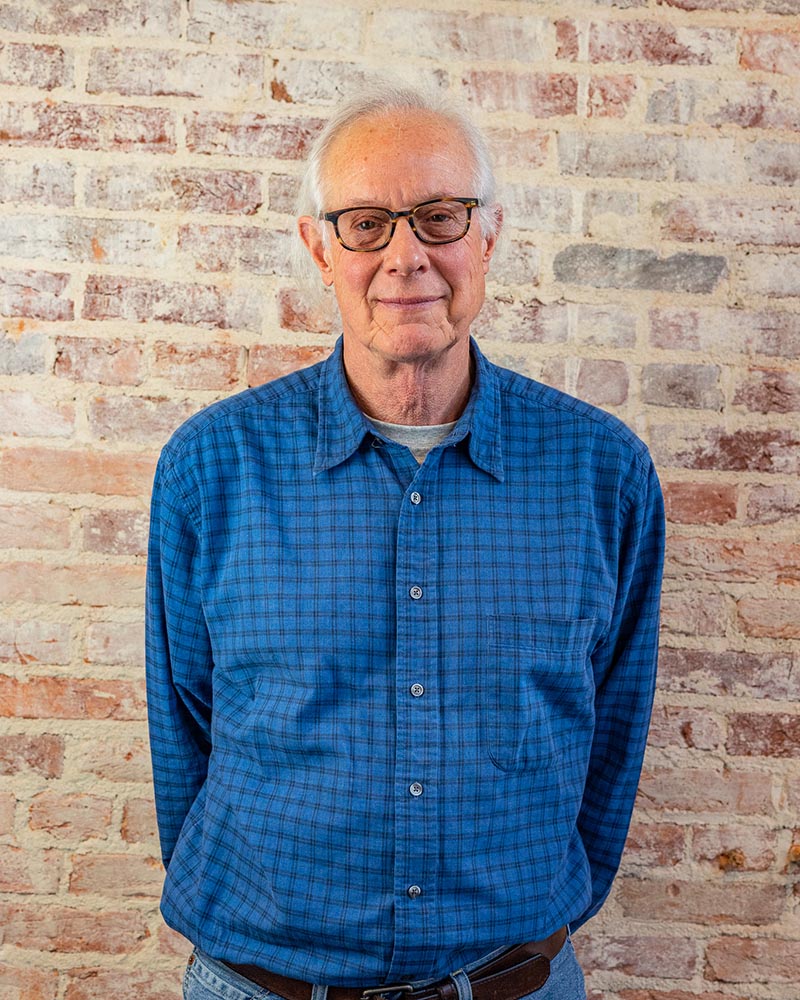
Larry Forrester, PhD
Resident Scientist
Dr. Forrester is the recently retired Director of the Baltimore VA Human Motor Performance Laboratory. Larry has nearly two decades of experience conducting rehabilitation research focused on therapeutic interventions to improve movement function after stroke and other neurological diseases.
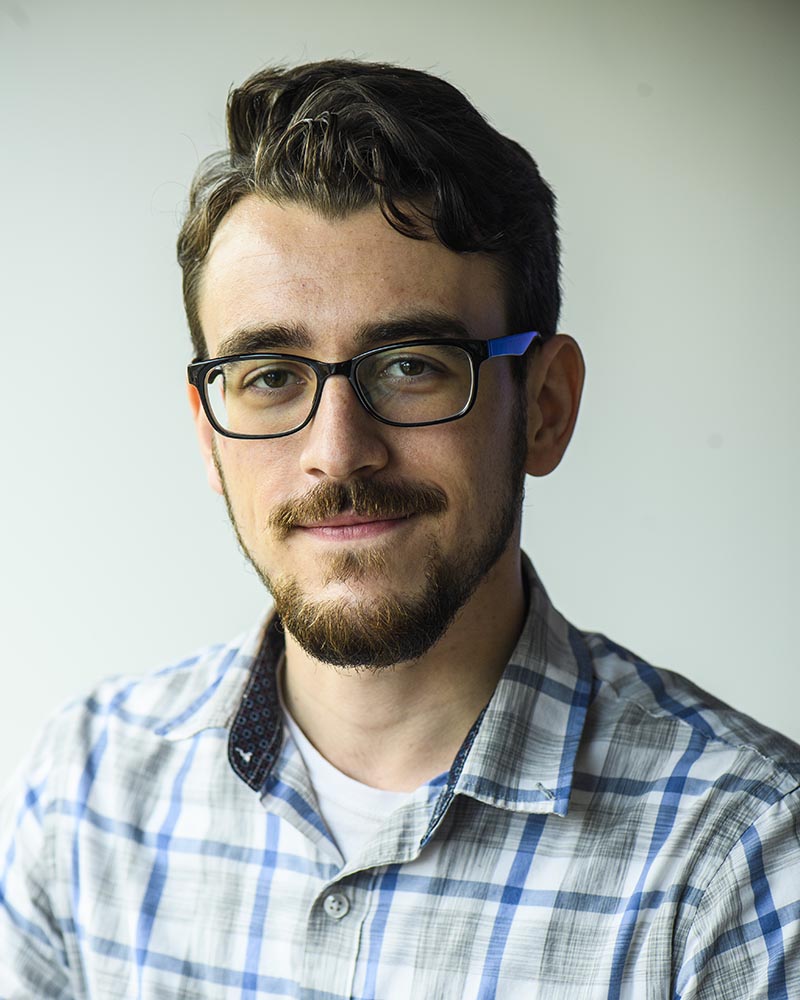
Nick Rabuck
Mechanical Engineer
Nick is a mechanical engineer with a passion for design, research, and development of Mechatronics systems. With his family spread out among fields such as Medical, Engineering, & Construction; he has a variety of sources to pull inspiration from while working to design and manufacture the mechanical aspects of rehabilitation robotic systems. Nick is an avid fan of 3D printing, home automation, and video games all using his custom built PC.
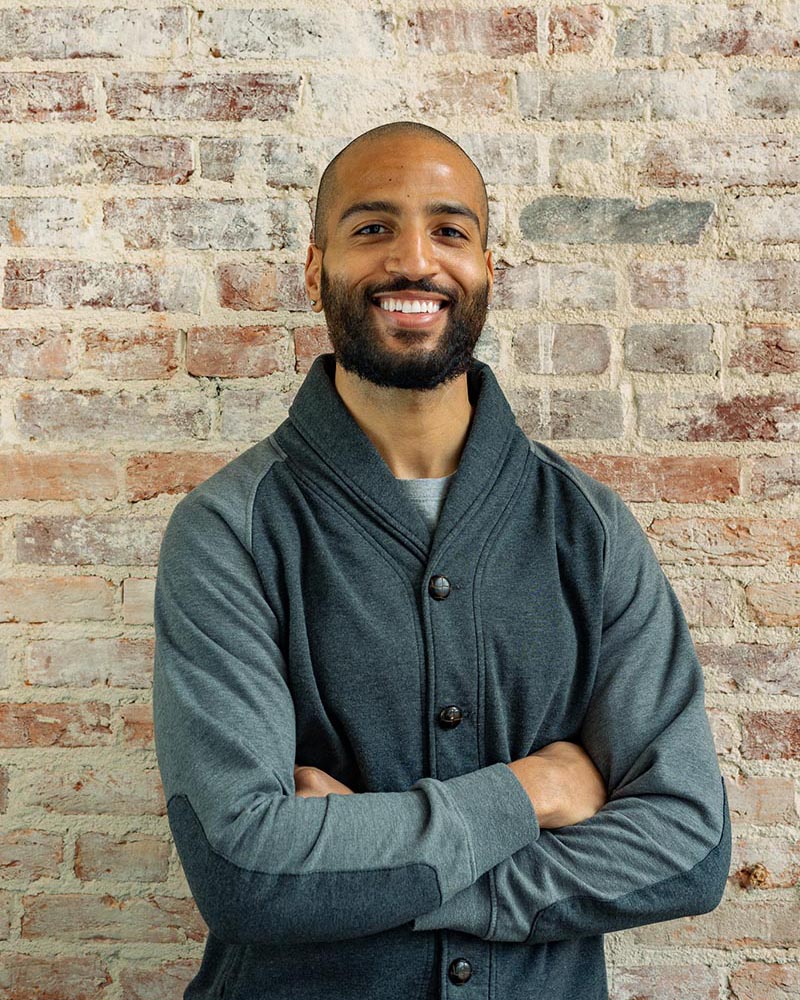
DJ Eversley
Biomechanist
DJ is a biomechanist who runs our motion analysis lab to provide objective measures of human movement and performance that can be used by our multidisciplinary team of professionals to provide the highest quality patient care. He formerly worked as the lab manager of the Baltimore VA Human Motor Performance Laboratory.
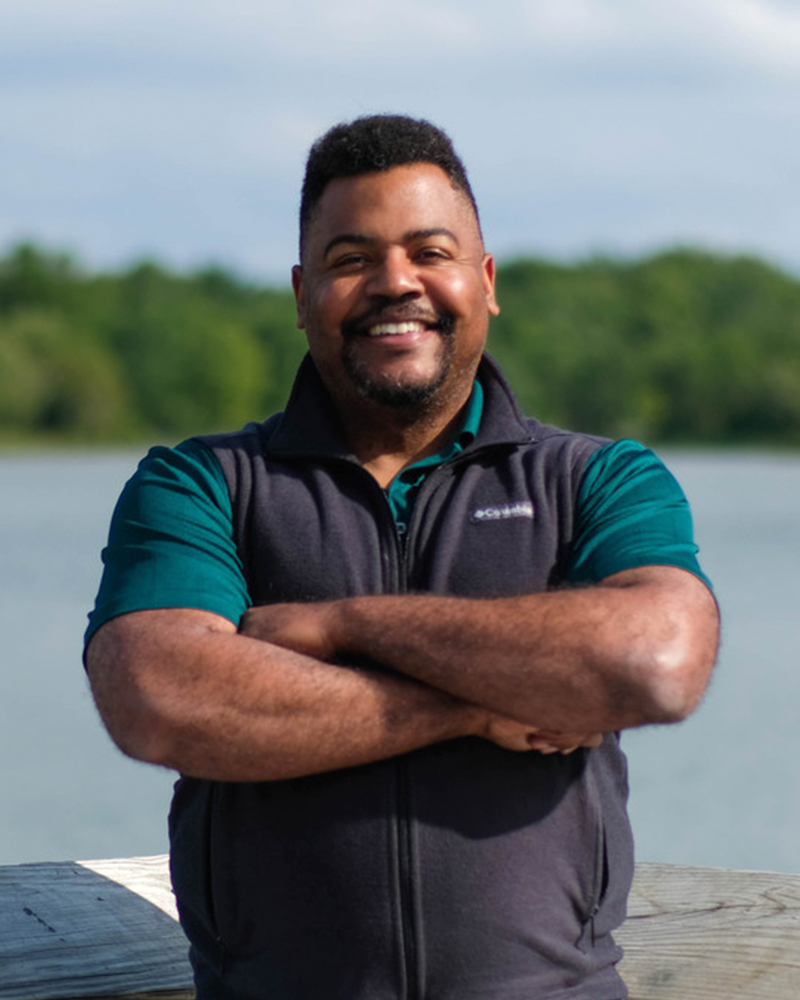
Greg Seate
Director of Quality Management
Greg is a seasoned Quality Manager with a rich background in the medical device sector, bringing extensive experience and a profound understanding of quality systems and customer relationship management to our team. Formerly the Quality Manager of LaunchPort LLC and a product complaint manager for Zephyr Technology, Greg has over 11 years of experience managing quality systems for medical devices and 15 years in managing customer relationships, both with direct users and partnering businesses. He holds a Bachelor of Science in Business Administration from the University of Phoenix, specializing in e-commerce. Greg has a notable experience in guiding start-ups into certified ISO compliant Quality Management Systems (QMS) and has dedicated the last 6 years to transitioning start-up organizations into scaled production for ISO compliant manufacturing. He has a deep appreciation for the impact that Next Step Robotics has on improving the quality of life for patients and the surrounding ecosystem of individuals challenged with mobility limitations. Greg is an avid problem solver who eagerly embraces the challenges of navigating the medical device space, focusing on compliance with regulations and standards, and maintaining a practical perspective aimed at providing consistent, repeatable, and high-quality processes to create products that serve patients through recovery and enhance their quality of life.
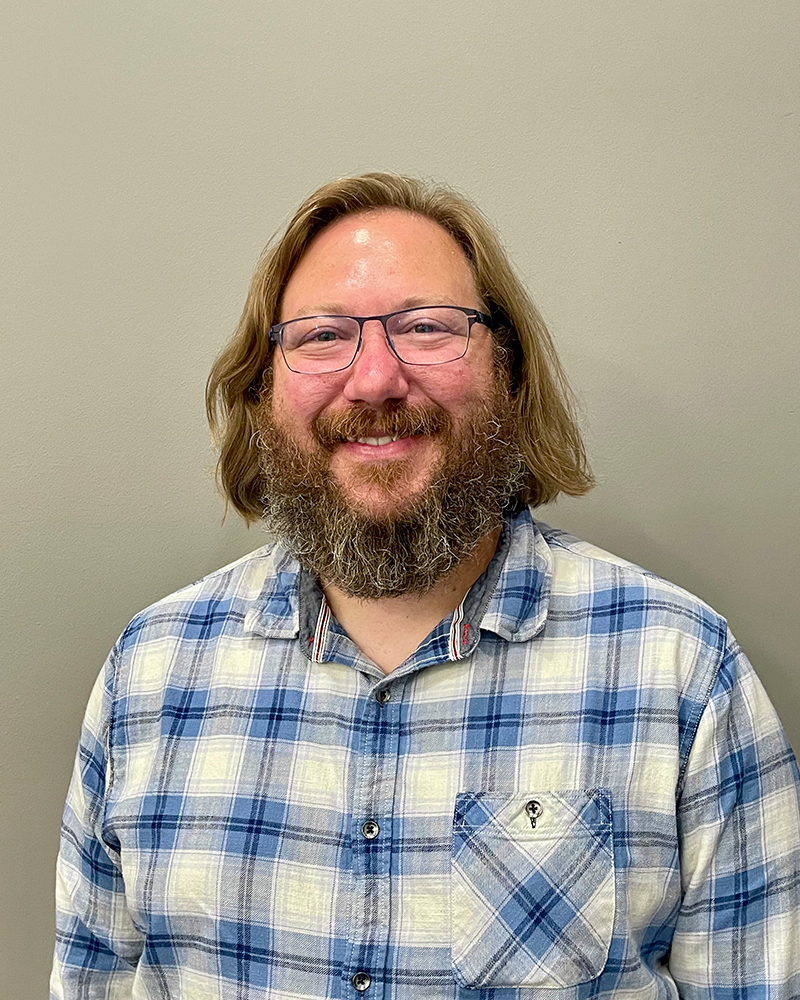
Jake Theim
Robotics/Embedded Systems Engineer
Jake boasts extensive experience in software development procedures, having successfully guided several projects from concept to successful release. Holding a Bachelor of Science in Computer Engineering, specialized in robotics and embedded systems, Jake’s expertise extends to implementing robust development processes that adhere to industry standards. Beyond his software endeavors, he enjoys gardening, woodworking, gaming, and playing guitar and ukulele.
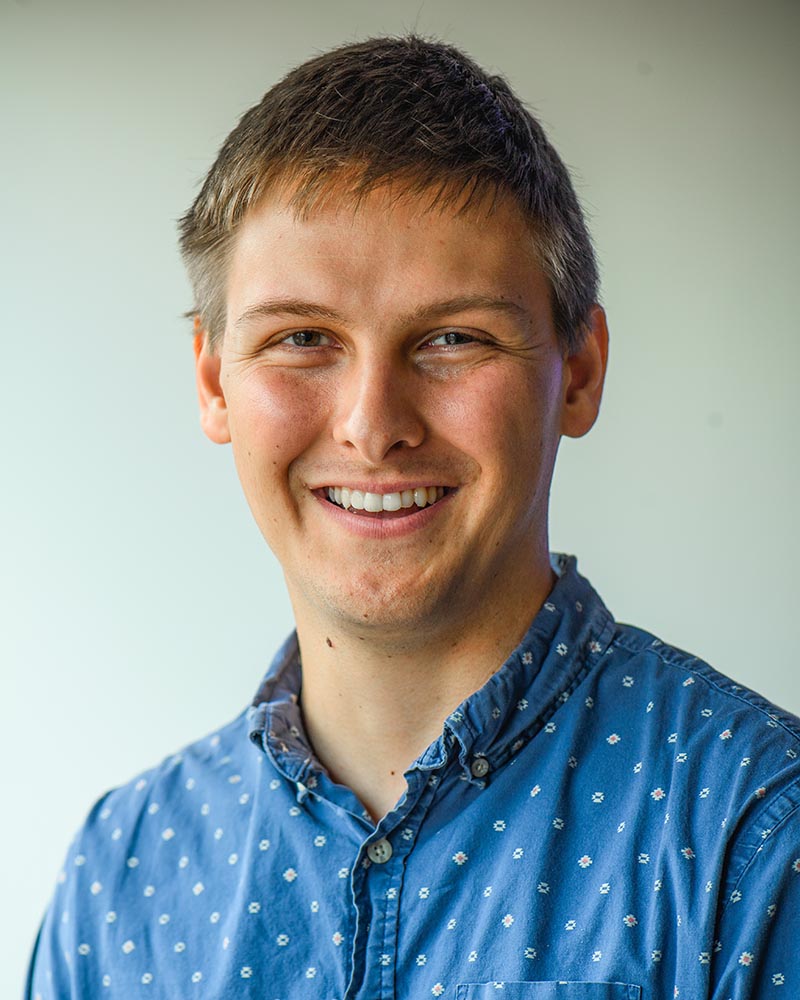
Bryson Boettger
Device Engineer
Bryson is a Biomedical Engineer who joined NextStep Robotics shortly after finishing his Master’s degree, which was focused on Translational Innovation and Entrepreneurship. He has a passion for rehabilitation and orthopedics, shown by his focus in Prosthetics and Orthotics throughout his undergraduate and graduate education. At NextStep, he is the lead engineer on the REACH device, a rehabilitation robot for patients suffering from upper extremity impairments.
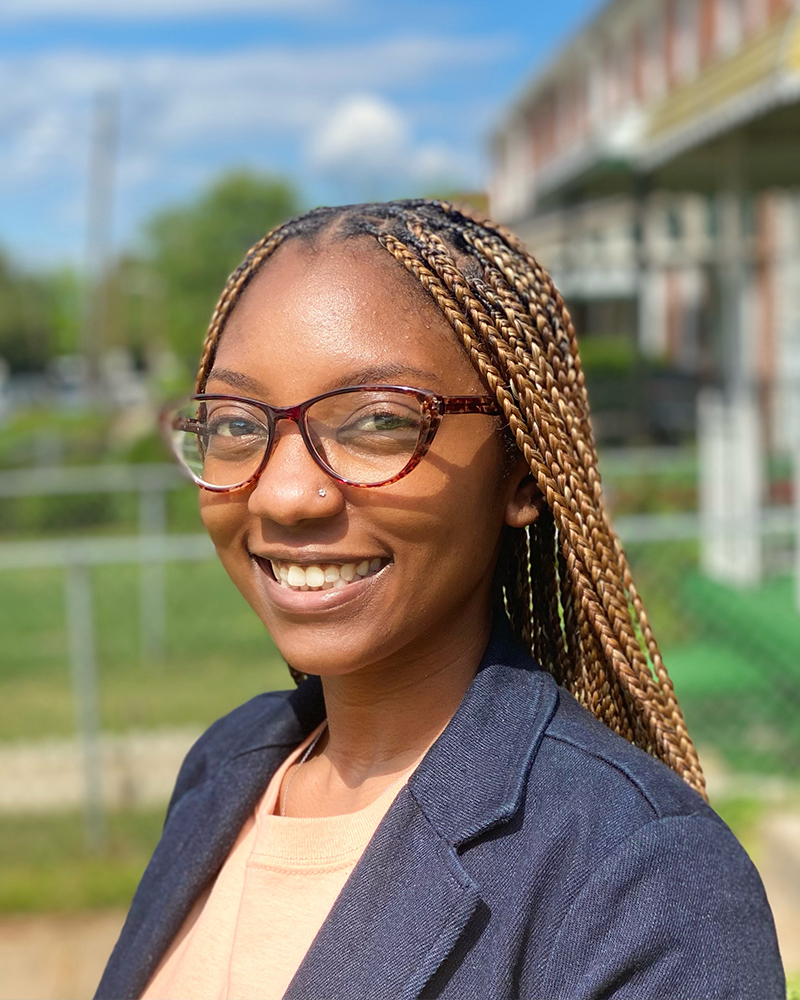
Keisha Onley
Office Manager
Keisha is a skilled administrative professional with a proven track record of success in managing administrative tasks and supporting organizational operations. With over 10 years of experience, Keisha has developed a diverse skill set that encompasses various administrative functions.
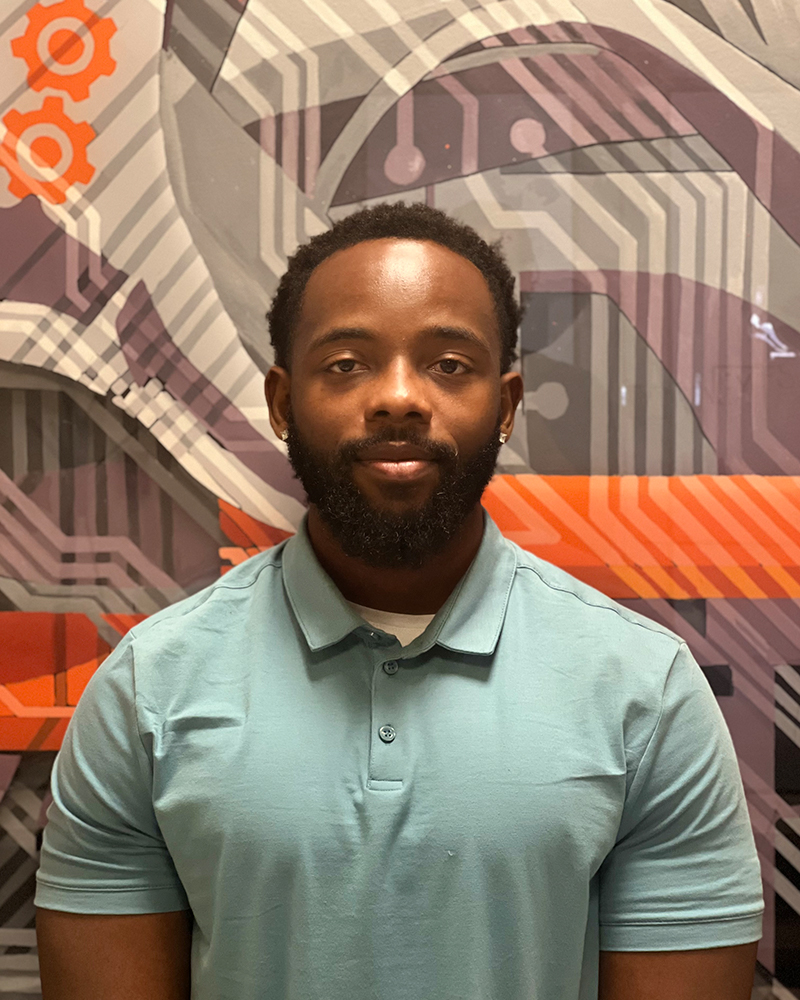
Aderinsola “Solo” Dawodu
Exercise Physiologist
Aderinsola Dawodu is an exercise physiologist who received his Master of clinical exercise physiology from the University of Pittsburgh. He has experience with gait assessment, Neuroscience, along with experience with working in the biomechanics lab performing research. He also has a passion for rehabilitation and athletic performance; which was his driving factor in his career choice. Now he is pursuing his dreams as an exercise physiologist Providing assistance to NextStep Robotics to solve Research Questions.
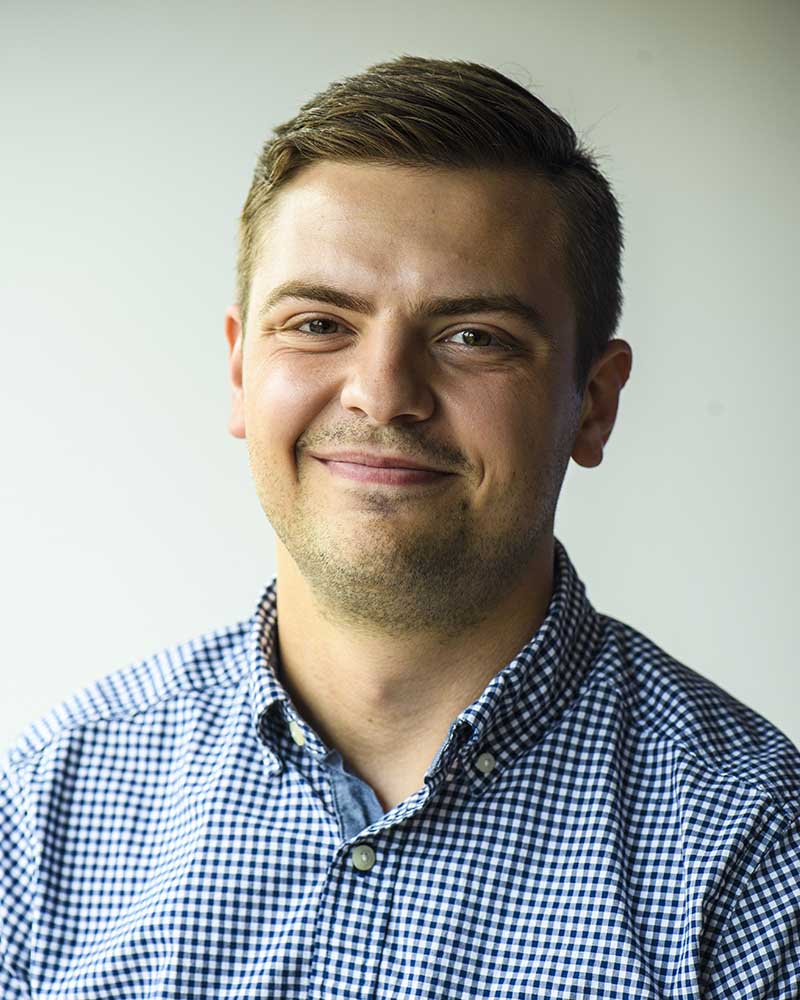
Doug Summerlin
Engineering Intern
Doug obtained his Bachelor of Science in Mechanical Engineering at the University of Maryland, College Park, and is currently earning a Master’s of Engineering in Robotics at College Park as well. He has experience with autonomous mechatronic systems and remote sensing and has industrial interest in medical, assistive and surgical robotic systems. Doug contributes to both the AMBLE and REACH projects in a supportive role, and occupies his free time with activities such as 3D printing, building electronic projects, and playing chess.
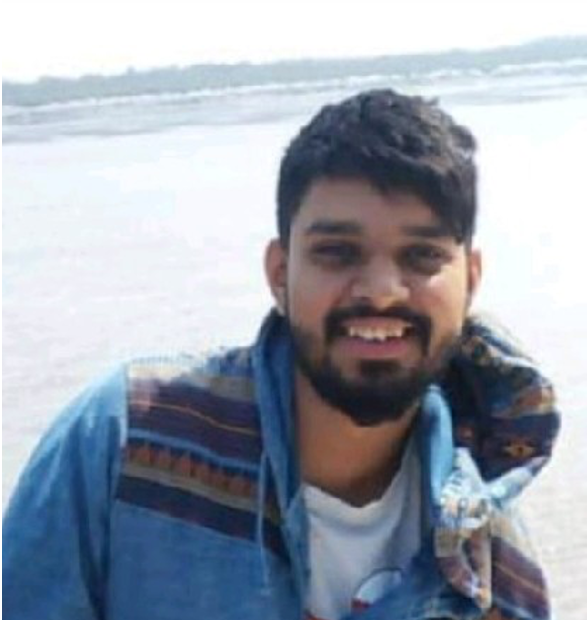
Aayush Tomar
Engineering Intern
Aayush is an accomplished professional with a diverse background in engineering and management. He completed his Master’s degree in Engineering Management, specializing in the efficient integration of engineering principles and business strategies to optimize organizational performance.
Prior to pursuing his Master’s, Aayush obtained a Bachelor’s degree in Mechanical Engineering, which provided him with a solid foundation in the technical aspects of engineering. This background has equipped him with a unique blend of technical expertise and managerial skills, making him a valuable asset in the field of medical device technology.
With his passion for the healthcare industry, Aayush embarked on a career in a medical device company. As a key member of the engineering team, he plays a pivotal role in the development and manufacturing of cutting-edge medical devices. His in-depth knowledge of mechanical engineering principles enables him to contribute to the design and improvement of innovative medical technologies, ensuring their reliability, safety, and adherence to industry standards.
Find Out More About Our Team’s Groundbreaking Advances
Our team is changing the world with distinct solutions to common problems. To learn more about our team and their innovative work, complete our secure online form for more information.
